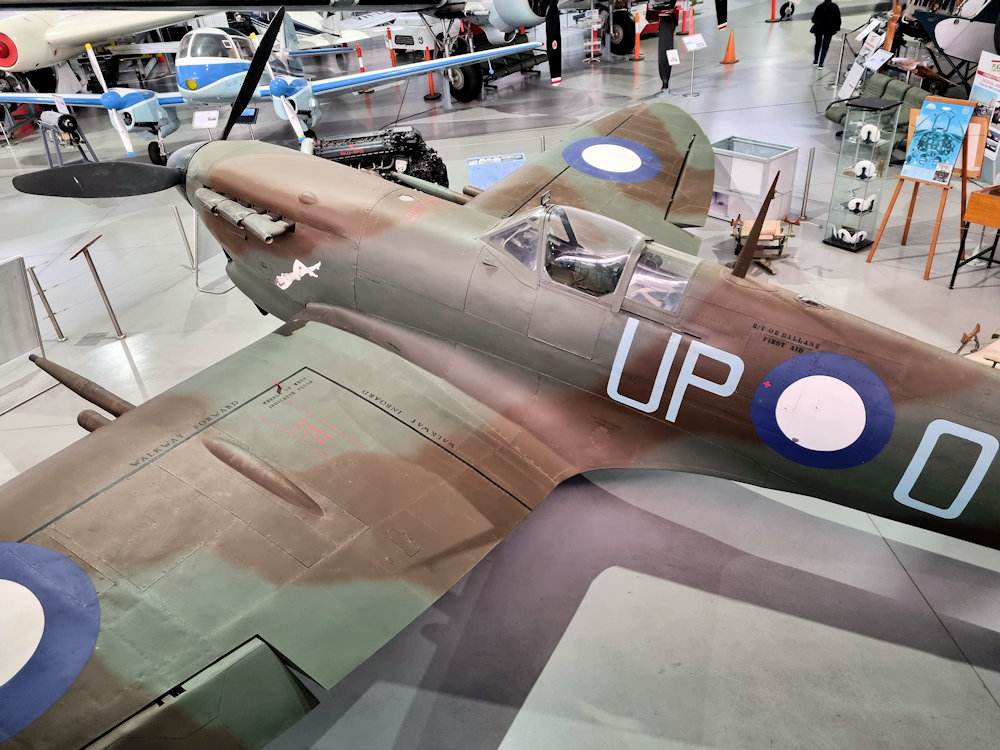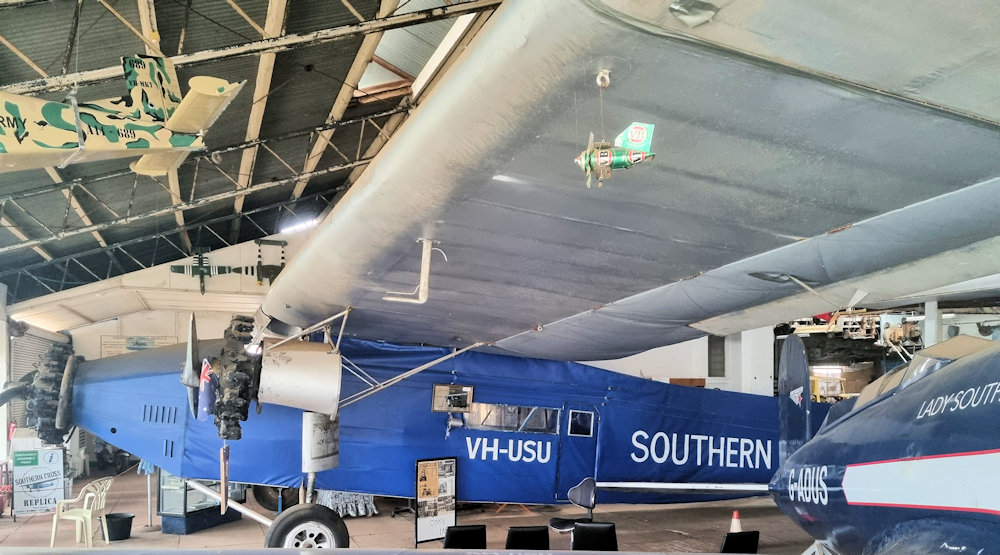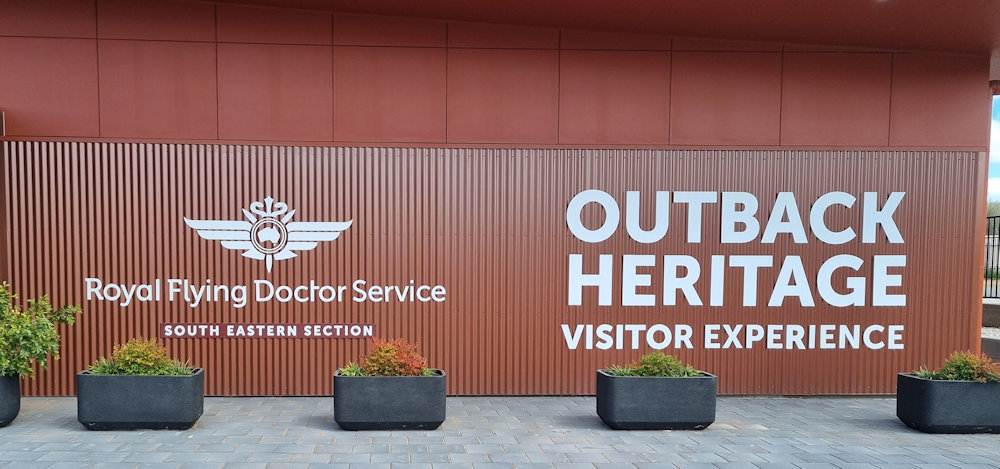Category: Aircraft Museum
-
South Australian Aviation Museum

South Australian Aviation Museum The South Australian Aviation Museum (SAAM) is a multi-hangar museum in Port Adelaide that preserves aviation and aerospace history important to South Australia. The museum has 27 significant aircraft on display (all under cover), plus a large collection of engines, avionics, uniforms, photographs and archival material. Many of the aircraft on Read more
-
Balranald Southern Cross Museum New South Wales Australia

Balranald Southern Cross Museum The Balranald Southern Cross Museum, located on Market Street in Balranald, New South Wales, is a small but remarkable institution. Managed entirely by volunteers, it celebrates the region’s strong link to Australian aviation history and broader aspects of local heritage. The museum opens daily between 10 a.m. and 2 p.m. From Read more
